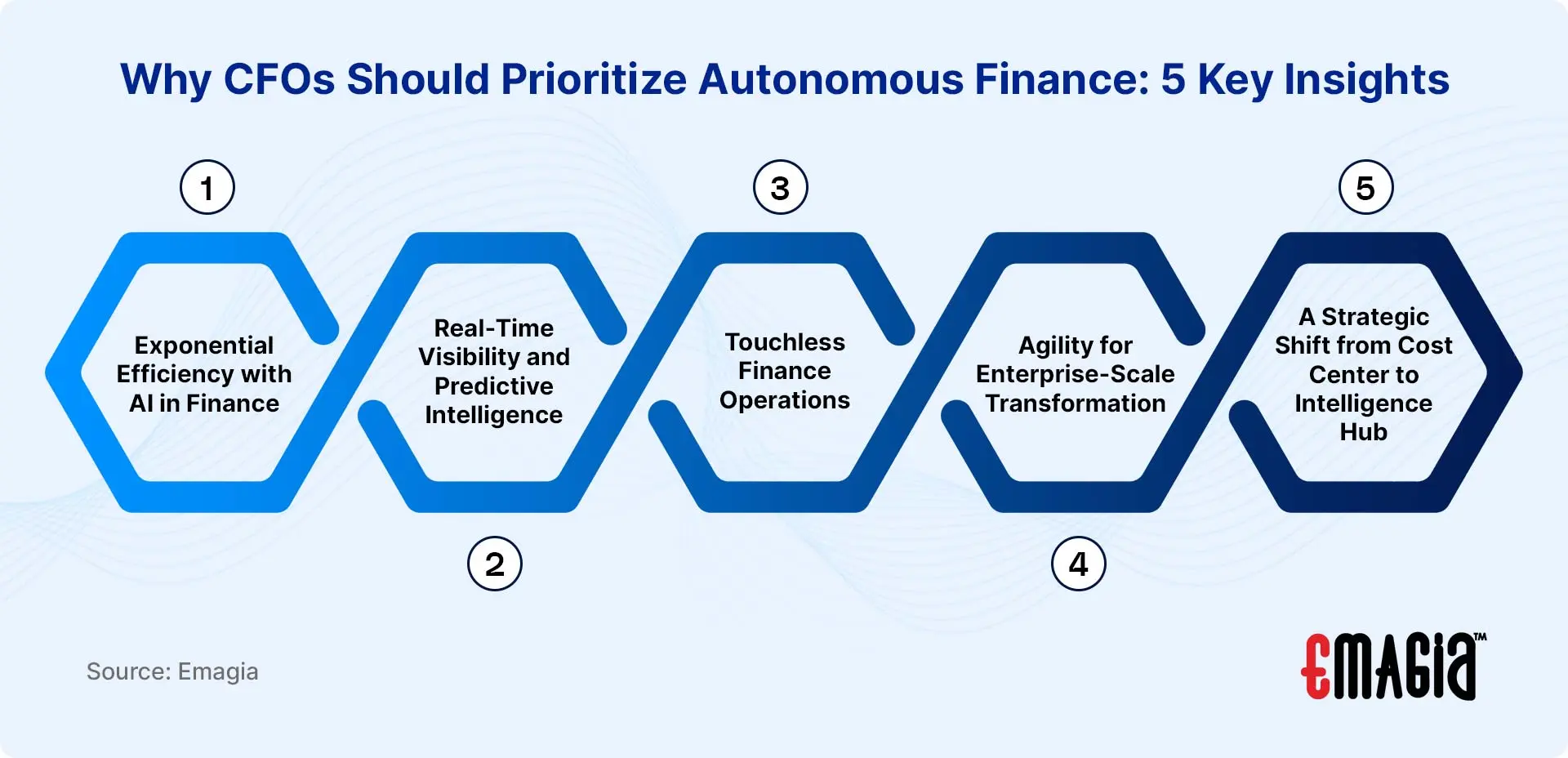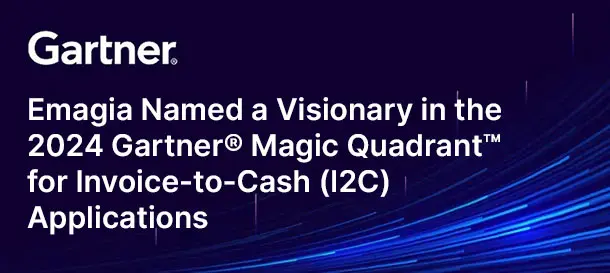In today’s fast-evolving enterprise landscape, finance is no longer a back-office function—it’s a strategic enabler of agility, resilience, and growth. As CFOs lead digital transformation efforts across their organizations, one breakthrough concept is taking center stage: autonomous finance.
So, what exactly is autonomous finance, and why should it matter to today’s global CFO?
What Is Autonomous Finance?
Autonomous finance is the next evolution in enterprise finance transformation. It refers to the use of artificial intelligence (AI), intelligent automation, and digital finance agents to run finance operations with minimal to no human intervention.
Unlike traditional automation, which follows fixed rules and workflows, autonomous finance leverages AI agents that can learn, adapt, and make decisions based on data. These agents operate continuously, delivering touchless transactions, predictive insights, and intelligent exception handling across core finance processes.
Why It Matters for the Modern CFO
As global organizations become more complex and real-time decision-making becomes essential, CFOs are expected to do more with less—faster, smarter, and with fewer resources. Here’s why autonomous finance should be at the top of every CFO’s strategic agenda:
1. Exponential Efficiency with AI in Finance
Autonomous finance enables CFOs to shift from process-heavy operations to intelligent systems that optimize themselves. AI agents can perform tasks like cash application, collections, and dispute resolution faster and more accurately than manual teams.
At Emagia, our autonomous finance platform delivers over 95% straight-through processing in cash application and reduces DSO by up to 20% for global enterprises.
2. Real-Time Visibility and Predictive Intelligence
With AI continuously analyzing transactional data, CFOs gain real-time visibility into cash flow, working capital, and credit risk. Predictive insights help finance leaders act before problems arise, rather than react afterward.
3. Touchless Finance Operations
Autonomous finance makes “zero-touch” processes a reality. In the Order-to-Cash (O2C) cycle, for instance, digital agents can invoice, chase payments, apply cash, and resolve deductions without human intervention—accelerating cycle times and improving customer experience.
4. Agility for Enterprise-Scale Transformation
Today’s CFOs must lead transformation, not just manage it. Autonomous finance equips finance leaders with the tools to scale quickly, adapt to market changes, and modernize legacy systems without heavy resource dependency.
5. A Strategic Shift from Cost Center to Intelligence Hub
By embedding autonomous finance across the enterprise, CFOs turn the finance function into a hub of intelligent decision-making. This shifts the narrative from finance as a cost center to finance as a driver of value, speed, and innovation.

The Road Ahead
Autonomous finance is not a far-off vision—it’s happening now. Forward-thinking CFOs are already leading the way by adopting platforms like Emagia to unlock new levels of efficiency and agility in finance operations.
In a world where speed and intelligence define competitive advantage, autonomous finance gives the modern CFO the edge to lead boldly into the future.




